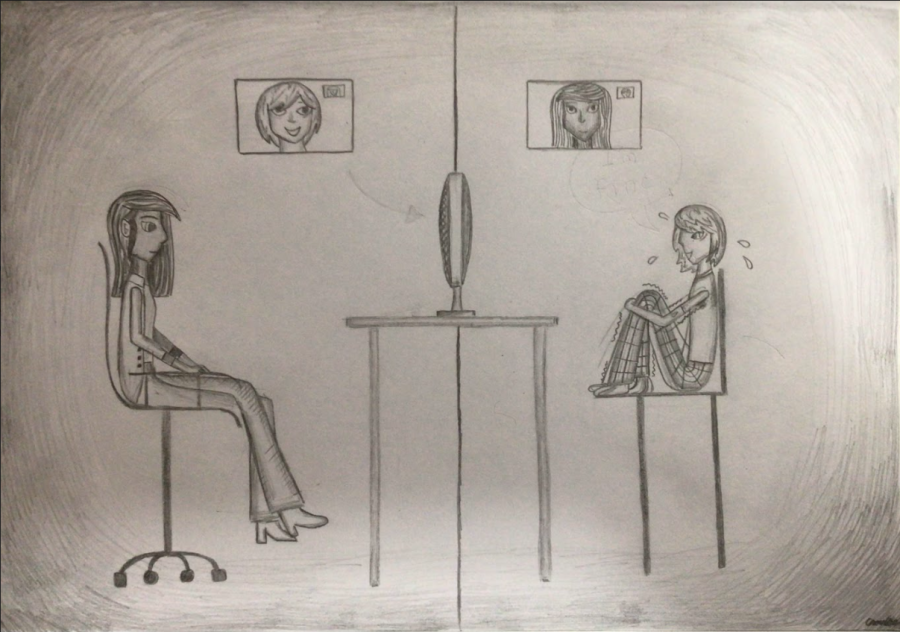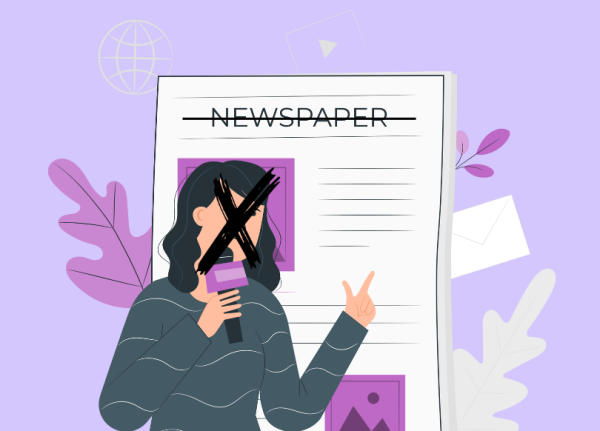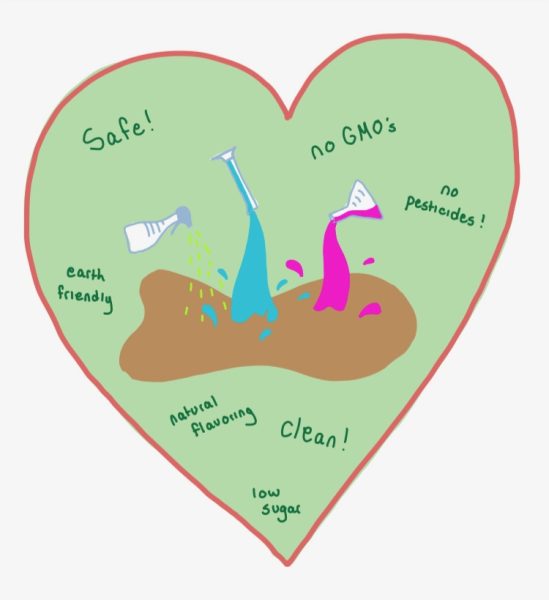Online Therapy Is Not Beneficial
Therapy is a valuable health intervention for many people, and for some it can be a prerequisite to a balanced life. However, for many others, there is simply no way to afford long-term therapy, or it just doesn’t have a place within their stereotypical views and misconceptions of the profession. Recently, due to an increase of mental health awareness following the pandemic, online therapy has stepped in. Connecting to someone online can make it easier to overcome stigma attached to mental health issues, along with being more accessible and affordable. Unfortunately, online therapy just isn’t as beneficial as its in-person counterpart.
Two recommended sites for online therapy are BetterHelp and 7Cups. The primary difference between the two is that 7Cups focuses on social support, largely for adolescents, while BetterHelp is a more comprehensive therapy service targeted to a wider range of people. Both have paid services and 7Cups also offers a free chat option. Both sites boast a staff of trained psychologists and provide monthly plans, for around 350 dollars for a month of weekly therapy on BetterHelp and 150 dollars monthly for unlimited therapy on 7Cups. There are many pros to this kind of resource; it’s cheaper, you don’t need to book appointments, and there’s a level of convenience, especially for those with physical limitations. However, the fundamental problem with an online counselor is that you are seeing them through a screen, and being robbed of vital means of interpersonal interaction which is limited online.
A large part of how we communicate is through facial expression, tone of voice, and body language. In fact, these aren’t even all the subtle ways that we express meaning when we speak to one another face to face and in the same room. Counselors often analyze a client’s nonverbal communication, such as eye-contact, and when this is lost they can’t use it to their benefit, or yours. Any type of therapy that is not physically face to face, such as texting, telephone, emailing, and video calling eliminate these elements. Without them, it is easy for the client to misunderstand what the therapist is saying and vice versa. Because of the lack of in-person comfort, it is also much harder to be vulnerable with the person supporting you, which will cause problems with the level of intimacy you send and receive. All of this affects how one benefits from their therapy sessions.
Online counseling can certainly prove successful for those who need comfort or their feelings validated, but this isn’t always the case if you have a prominent mental illness. For example, someone who suffers from anxiety might have a difficult time feeling safe over the phone, because of a fear of being recorded. Someone looking for assistance with an addiction may be enabled when they stay in the same environment. A critical mental illness will require in-person therapy so that your counselor can best understand what you are going through and what you need in order to keep you safe and healthy. In a similar manner, those who need current crisis support will benefit from calling someone and resolving their problem while someone who seeks to build long-term trust will not gain anything from this service. By marketing their websites as a place where people can get the same quality help as they would from an in-person therapist, companies are falsely branding and profiting from subscriptions that they know won’t actually help most people
For those who are looking for instant support, online therapy is an easy resource, but with that convenience comes a loss of personal connection. With the deprivation of non-verbal cues and accommodation for mental illnesses, the losses of interpersonal interaction are too great to advertise online therapy as an equally beneficial service to its physical counterpart.
Hello there! Our goal is to provide relavent, engaging journalism for readers of all ages. Your donation will support the student journalists of the Wolfpacket at Claremont High School, and will allow us to purchase equipment, print our monthly issues, and enter in journalism competitions. We appreciate your consideration!
Natalie DeWees is a senior at CHS and a second year reporter. Outside of class, Natalie occupies her time with volunteer activities, including a crisis...
















